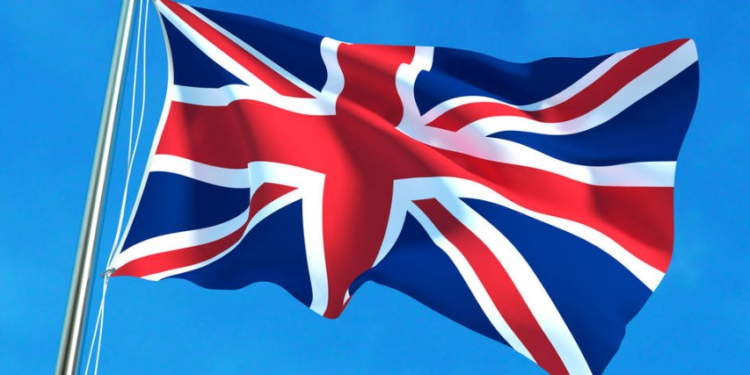The United Kingdom is preparing to restrict visa access for countries that fail to cooperate with the deportation of their citizens, marking one of the most aggressive immigration enforcement moves by the Labour government.
Home Secretary Shabana Mahmood signaled that the UK will adopt what officials describe as “Trump-style visa bans,” a policy aimed at compelling foreign governments to accelerate documentation and repatriation processes.
The measures, expected to be enacted in stages, would initially target countries with persistently low cooperation rates.
According to UK officials, Angola, Namibia and the Democratic Republic of Congo rank among the states likely to face the first wave of restrictions. The decision would halt visa issuance to citizens of these countries until local authorities demonstrate improved willingness to receive deported migrants and criminal offenders.
British officials say the three African nations have repeatedly stalled thousands of return cases, citing long delays in issuing travel documents and requirements that migrants sign their own return paperwork a step many refuse, slowing their removal. The Home Office argues that the current system has constrained enforcement efforts and contributed to a growing backlog in deportation operations.
Other countries that may face bans
India, one of the UK’s largest migrant source countries, may also come under review if return cooperation does not improve. According to reporting in The Times, India is among the states least willing to accept deported nationals, placing it at risk of future visa penalties.
Any move against New Delhi would carry economic and diplomatic implications, given the country’s size, its growing tech workforce in Britain, and ongoing trade discussions between both governments.
The planned visa restrictions form part of a broader strategy to tighten the UK’s immigration framework as officials confront rising political pressure to reduce net migration. The government is simultaneously seeking to narrow the scope of human rights claims used to challenge deportation orders.
What you should know
Under the proposals, the UK will adjust how courts interpret Article 8 of the European Convention on Human Rights, which protects private and family life. Only immediate family parents or children would qualify as grounds for appeal, limiting the broader family networks that have previously been used to delay removal.
The government also wants to refine the application of Article 3, which prevents deportations to countries where migrants might face inhuman treatment, arguing the rule has been interpreted too expansively in recent years.
In an effort to streamline the legal process, migrants will be required to present all grounds for appeal at once. Failure to do so could result in immediate removal once a claim is rejected, closing a loophole that often prolonged deportation timelines.
Despite the tougher stance on illegal migration, the UK plans to expand legal pathways for refugees through new work and study programmes. Candidates would be referred by the UNHCR and hosted by British families mirroring the model used for Ukrainian arrivals. Officials say the initiative is designed to reduce pressure on asylum hotels, which cost taxpayers more than £2 billion in the 2024–25 financial year.




















